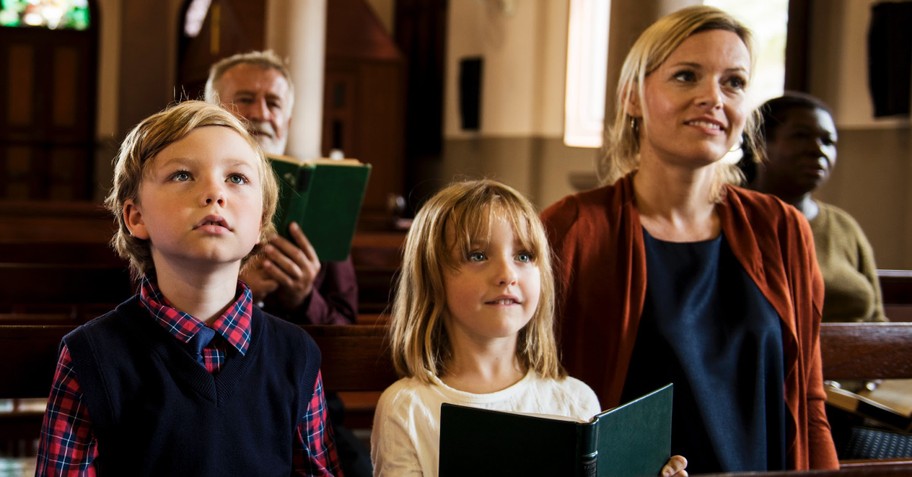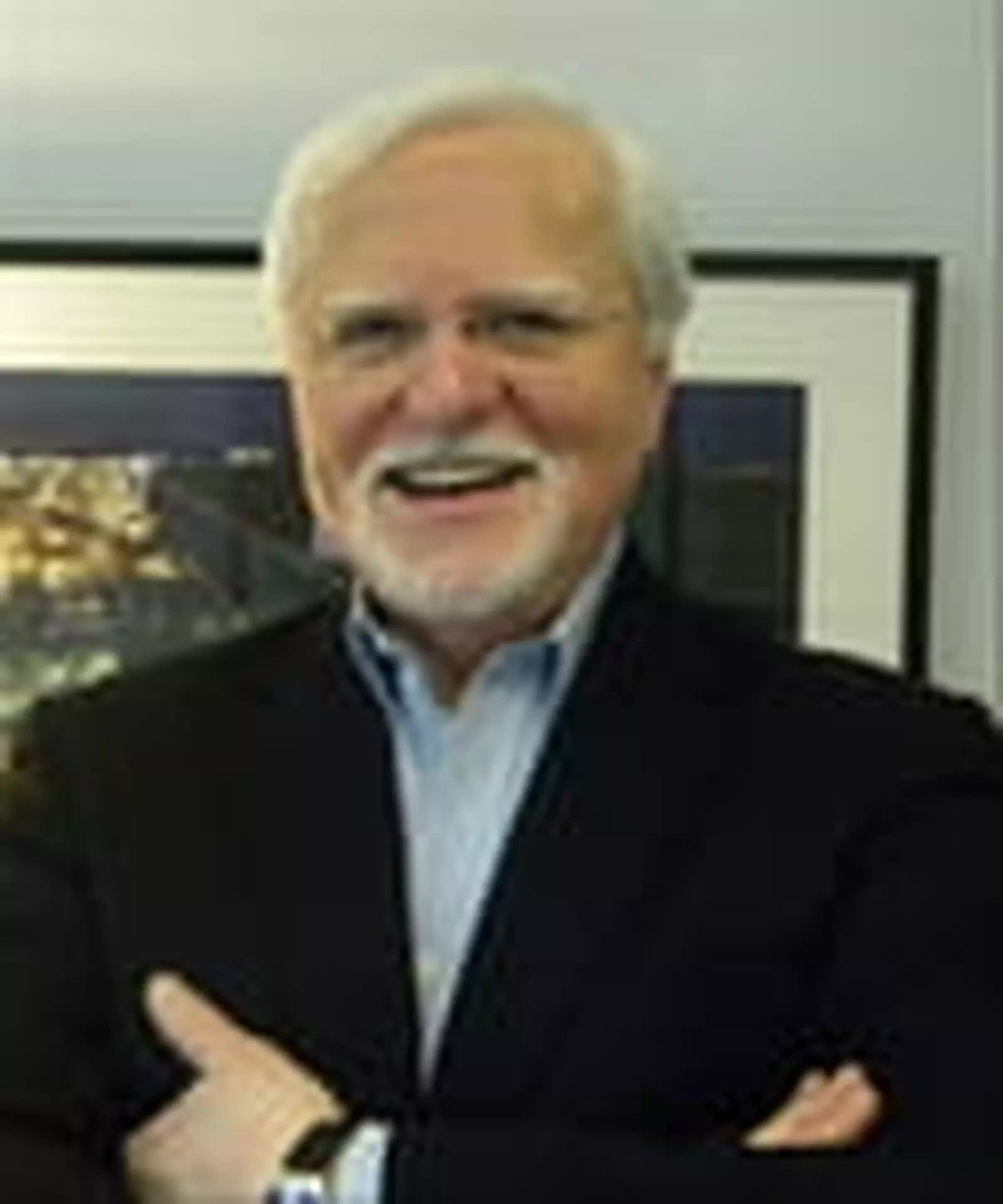And they continued steadfastly in the apostles’ doctrine and fellowship, in the breaking of bread and in prayers…. So continuing daily with one accord in the temple and breaking bread from house to house, they ate their food with gladness and simplicity of heart, praising God and having favor with all the people (Acts 2:42-47).
When a church of 120 members set out to assimilate 3,000 new additions into the life of the congregation, they ranked “fellowship” toward the top of the list as a critical step in accomplishing the task.
Fellowship is a nebulous term in our churches. No one seems to know exactly what it is.
Koinonia is the Greek word. It refers to a sharing of life, or a partnership. Of course, that doesn’t tell us what it meant in the follow-up program in the early church. So, in the absence of anything definitive from Scripture on the precise meaning of the term, I submit for your consideration my own definition: Hanging out.
The “fellowship” quotient of a church – whether the members love the Lord and one another – is one of the most telling features of a congregation, one of the most dependable indicators of the health of the church, and one of the best predictors of its future usefulness in the Kingdom.
Here are 10 aspects of the fellowship of your church worth carving in stone, or better yet, engraving on the hearts of your leadership and membership.
Photo Credit: Unsplash/Sincerely Media
1. Fellowship is the heartbeat of your congregation.
Simply stated, it is the life of the church family. Do the people love the Lord and enjoy one another?
In a church where I was preaching, some 15 minutes after the dismissal, I said to the pastor, “Listen to that.” The noise level in the sanctuary was high, as people were standing around talking and laughing and carrying on. I told him, “What you are hearing is the sound of fellowship.”
As a doctor places his stethoscope up to the chest to monitor a patient’s heartbeat, the pulse of a congregation is that sound after church is over. Listen closely, friend. It will tell you a world about your people.
2. Fellowship may not be the reason people are drawn to your church, but it’s why they stay.
People who are church hunting will give a dozen things they are looking for in their next place of worship: location, type of preaching, strength of ministry, and various types of ministry (“We want a strong children’s ministry” or music or missions or youth or senior adults). But more than anything else, what they are looking for – and craving even – is fellowship.
Newcomers have told me they were looking for a church with programs we did not offer. My heart saddened a little because I knew they would be going elsewhere. And yet, in many cases, they joined our church. When I asked why, they spoke in terms of friendliness, our making them feel welcome, and the spirit of the church. Rarely, if ever, did they speak the actual word “fellowship,” but that’s what it was all about.
My strong suspicion is that 95 percent of first-time visitors to your church are looking for fellowship, even if they don’t know it.

3. Fellowship is composed of three layers, each one vital.
a) Underlying everything is a commitment to Jesus Christ as Lord. This is personal (each must do it), private (it takes place in the hidden depths of the heart), and ongoing (yesterday’s commitment needs to be reaffirmed today and again tomorrow).
b) The believer committed to Christ finds himself automatically loving fellow disciples. Our Lord said this would be the very mark of a believer (John 13:34-35).
c) We gladly welcome newcomers into our midst. This is hospitality, of which Scripture has much to say (Hebrews 13:1-2 and 3 John 5).
4. The newcomer sees these in reverse order: Hospitality first, then Joy, and lastly Commitment.
a) Did you welcome the newcomer? Were they made to feel wanted? This is the first thing the outsider will notice, for good reason.
The stranger who dwells among you shall be to you as one born among you, and you shall love him as yourself; for you were strangers in Egypt. I am the Lord your God (Leviticus 19:34).
Hospitality has been a part of God’s plan from the beginning.
b) The second thing a visitor will notice is the members’ relationship with each other.
Do the members enjoy one another? When church dismisses, do they hang around greeting and talking and laughing? Do any of them go to lunch together afterward? Do they do work projects and are their classes enjoyable?
c) Do you see a quiet, solid faith in the Lord Jesus Christ?
This will normally be the last thing you see in a church you visit. But without it, nothing else matters. In Romans 12, Paul’s blueprint for a healthy church, believers are first called to “present your bodies a living sacrifice,” afterward to use their spiritual gifts and then to take care of one another. First things, first.
Photo Credit: ©GettyImages/Rawpixel
5. Outsiders usually have no idea they are craving fellowship, but they are.
God made us for Himself, true. But we were also made for fellowship with one another. When God’s creation lives in isolation, life becomes warped and turns inward and people become far less than He intended. We as humans crave love.
People who feel something missing in their lives – call it love, a purpose, relationships, whatever – often find that missing element when they walk into a church where the fellowship is alive and well. Only after they find it do they realize this is what they were hungering for and even seeking.
6. A wise church will make ‘a healthy fellowship’ one of their primary goals.
Planned fellowship takes place in Sunday School classes, at church dinners, receptions, and on work projects. Rarely does fellowship take place within the typical worship service. So, the people who leave immediately after worship are missing out on one of the most essential parts of church life.
Informal fellowship occurs prior to scheduled meeting times, as well as immediately afterward. Informal koinonia is what happens when several believers play golf or go out for pizzas or drive to the next town for dinner. Where two or more believers congregate, fellowship should take place.
Church leaders often speak disparagingly of “meet-and-eat” events, but there’s a lot to be said for them. In fact, I suggest that pastors schedule the occasional church dinner where no program is planned, just to see what happens among the fellowship (It should be announced in advance that no program will follow, that the main event is what happens around the tables. Otherwise, our people – as conditioned to expecting a program as Pavlov’s dogs were to the tingle of the bell – will not know how to behave.).

7. The greatest enemy of fellowship in the church is the sinful heart.
All have sinned and come short of the glory of God (Romans 3:23).
If I could add anything to this, it would probably be: “and given half a chance, they’ll do so again.”
The heart is a rebel. That is true even of those of us redeemed by Christ, cleansed by His blood, and born into His eternal family. The human heart grows cold quickly, turns inward naturally, becomes selfish easily, and is responsible for most of the problems in the world.
A great church with a living, loving fellowship must protect that “family life” from all that would destroy it. In our selfishness, we tire of togetherness and experience giving fatigue and begin wanting to spend God’s resources on ourselves. We find our hearts resisting the newcomers, particularly if they’re different from us in any way.
There is an element of individualism in the Christian faith that leads some to think the only thing that matters is “just Jesus and me,” that church life and worship are secondary and relatively unimportant. Nothing could be further from the truth. This is surely the reason our Lord did not let His questioner walk away thinking the only commandment that mattered was to “love the Lord thy God with all thy heart and soul and mind.” He called after the man, “And the second is a lot like it. Thou shalt love thy neighbor as thyself,” a reference to Leviticus 19.
8. A dying church will begin dying here first.
It’s hard to spot the exact moment when a dead church began that sad descent into oblivion. But, if we were able to press “rewind,” it would be seen that when leaders began to bicker among themselves and it spread to the congregation (that’s always the order), the gangrene began to spread. Unless a strong and wise leader saw what was happening and called the people to repentance and recommitment, the toboggan ride to hades picked up speed.
Smart leaders will always value the church’s unity (see Ephesians 4:3,11-16) and will know that a key ingredient to achieving that harmony is mutual submission (and that’s Ephesians 5:21).
Photo Credit: ©Getty Images/Ehrlif
9. Leadership must value fellowship highly and protect it, otherwise, it will be supplanted by lesser things.
We’ve been saying this repeatedly above, so I’ll not belabor it here. Except to point out that those “lesser things” which will crowd out the fellowship will all be good things – festivals and pageants and concerts and revivals. When we get caught up in the busyness of church life to the point that we no longer have time to meet another couple for coffee or invite another family over for pizza, we’ve become too busy for our own good.
10. God loves it when His children laugh.
It is not good for man to be alone, He said (Genesis 2:18). I suggest He had more in mind than marriage. We need one another.
When my wife, Margaret, and I celebrated our golden anniversary, we gathered our children and their families for a long weekend (They live in several states and see each other rarely.). Over those four days, as everyone milled around in the back yard or on the patio, I was often struck by the delightful noise of the laughter and fun. The love was so thick you could cut it with a knife. As the father of this terrific family, that was better to me than any present on earth.
Throughout the New Testament, our Lord and the apostles emphasized the one-anotherness of our discipleship. We are to love one another, encourage one another, edify one another, teach and instruct and rebuke and correct and affirm one another. In their book One Anothering, Al Meredith and Dan Crawford identified 31 different commands of this nature throughout the New Testament and gave us a chapter on each.
When the Lord saves us, He puts us into a church fellowship. When we love Him, we treasure His people and enjoy being with them. When we grow resistant to the Lord, we find ourselves resenting other believers, growing critical of them, and drifting away.
Asked what they missed most during the isolation of the pandemic, most Christian people admitted they missed the fellowship: getting together, hugging, visiting, working, and playing. We need that. God made us this way.
This article originally appeared on joemckeever.com. Used with permission.
Originally published June 12, 2024.








